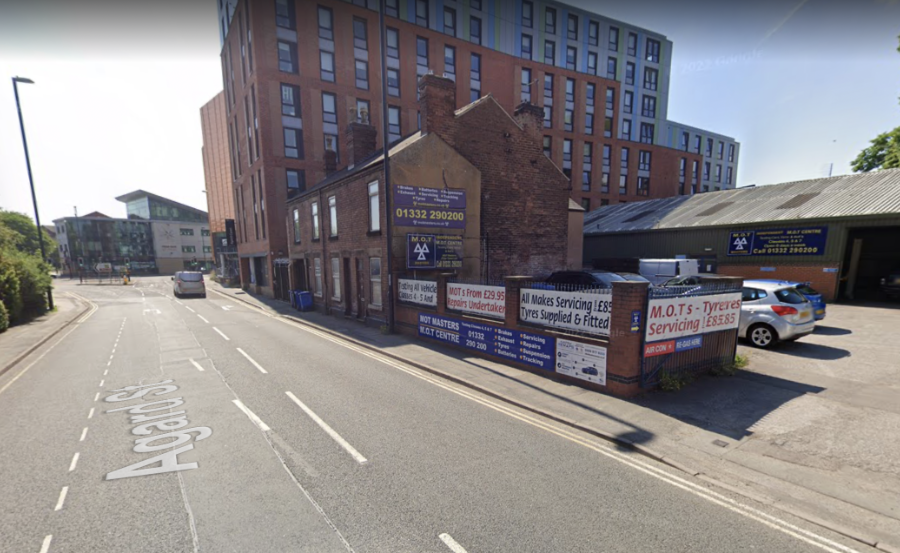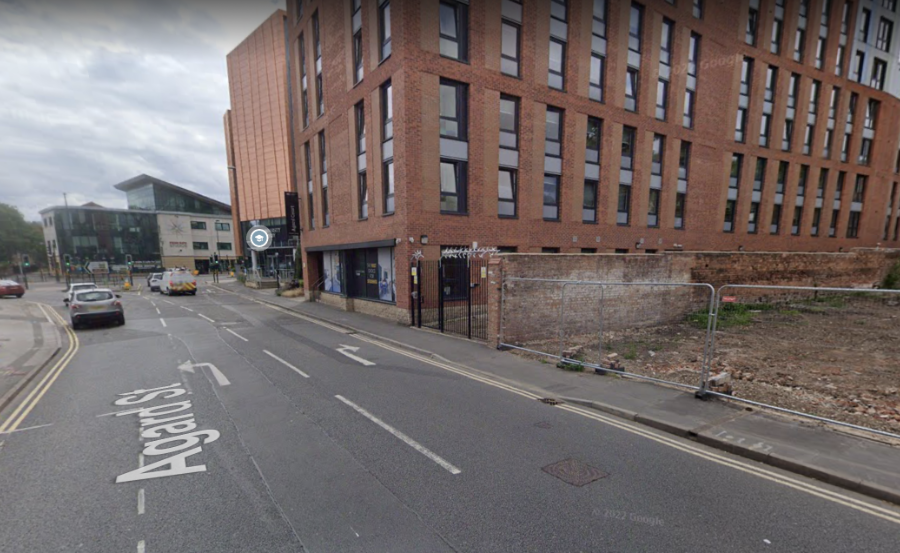Some time in the 1980s, I was working on the BBC Radio WM breakfast show and there must’ve been some news thing going on about Doctor Who. I can’t remember what it was, but I can very clearly picture me in what was called Area 3 at BBC Pebble Mill, working the phones – and at about 07:00 phoning Doctor Who writer Johnny Byrne to get his reaction.
His reaction was that he had been asleep and was extremely unhappy at me for waking him. And I think that actually ended the conversation we’d been slowly having through letters after I’d written to him enthusing about his script for The Keeper of Traken.
(Just as an aside, I finally got to read that Doctor Who script of his in August. This year. Specifically August 26, 2022, where episode 1 was the 335th script I’d read this year. And August 26 is 41 years, 6 months and 26 days after the show aired. It took me 15,182 days to get to read the script whose finished show I’d so enjoyed. And I have got to stop using WolframAlpha to tell me these things.)
Anyway.
On Tuesday this week, I was called up by BBC Radio Leicester and BBC CWR to talk about the 100 years of the BBC. I was better on the Leicester one, but what strikes me is that this BBC phone interview was at about 07:30. It was arranged in advance, plus I’d been up working for hours anyway, yet still I had this moment of quantum-entanglement-like connection with distant me phoning Johnny Bryne all those years ago.
And to me, the real answer about the best moments of the BBC’s 100 years, was in the moments before I went on air. I’m prepared, I believe I’m professional, and I like how I will have been listening to the show for an hour beforehand and so can pick up on related points. But when I’m on the line waiting, I can also feel the atmosphere that’s in the studio and in whatever their equivalent of Area 3 is.
You know when you work in local radio that it’s not national, it’s not global, and it is transitory. Yet you also feel that it is important, even if it’s only that it’s important to you. I got my lifetime belief that the show comes first from working in local radio, I got my whole sense of time as something to fill and use with pace and rhythm from it, to this day I think about the top and the bottom of the hour because of radio. I cared about that work so overwhelmingly much that there could be no other thought about no other thing while you were doing it.
In the seconds talking with a producer before she put me to air, in those ten seconds, I could hear the exact same care in her voice. I recognise what she’s asking me about is really her checking sound levels, listening for the line quality and being sure I’m not a nutter, I recognise the procedure but more than that, I recognise the atmosphere of the entire studio.
I can point out that today the BBC bows to political pressure like its being bullied in a schoolyard. I can despair at how it always reports strikes by focusing on disruption instead of the desperation that strikers have been driven to. And I could cry about the whole thing of artificial balance, where the BBC won’t have an economics expert say Brexit is going to be bad without then giving equal time and weight to a tosser lying that it will be great.
But those few seconds before I was on air talking about how great the BBC truly has been over the last century, those few seconds reminded me of exactly why the BBC truly has been great.
My contribution to the BBC is barely a single pixel in that century, but the BBC’s contribution to me is life changing.
It’s sobering to now be someone being phoned by BBC Local Radio instead of being one of the people doing the phoning. It’s sobering because I don’t know how that happened, it feels like I was just there making those calls a few days ago, and I think that maybe I miss the me from those years ago. Not sure. I don’t want to go back, but for a brief instant to be handed a slice of what used to be, and to somehow get to represent the whole BBC for one moment, was special.

